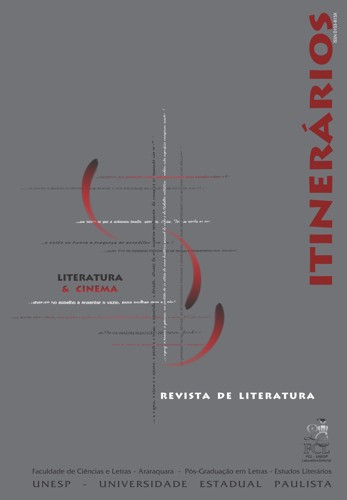García Márquez on the semiotic traffic: dialogues between literature and cinema
DOI:
https://doi.org/10.58943/irl.v0i36.6395Keywords:
García Márquez, Literature, Cinema, Adaptation, Intersemiotic,Abstract
The present study aims at analyzing two novels adapted to the cinema: El coronel no tiene quien le escriba (1961) and El amor en los tiempos del cólera (1985) of the Colombian writer Gabriel García Márquez. With the purpose of evaluating how we can carry out the adaptation of the literary language for the cinematographic medium, this study uses as theoretical foundation the premises concerning to intersemiotics. Thus, we intend to demonstrate that the dialogue among different languages, in this case the cinema as a reader of the literary work, enables the resemantization of a work starting when it’s transposed to an adapted work. Finally, such compared analysis is justified by the fact that it enables a rereading of the Gabriel García Márquez poetics when he is read by the filmmakers Arturo Ripstein and Mike Newell.
Downloads
Issue
Section
License
Os manuscritos aceitos e publicados são de propriedade da revista Itinerários. É vedada a submissão integral ou parcial do manuscrito a qualquer outro periódico. A responsabilidade do conteúdo dos artigos é exclusiva dos autores. É vedada a tradução para outro idioma sem a autorização escrita do Editor ouvida a Comissão Editorial.

